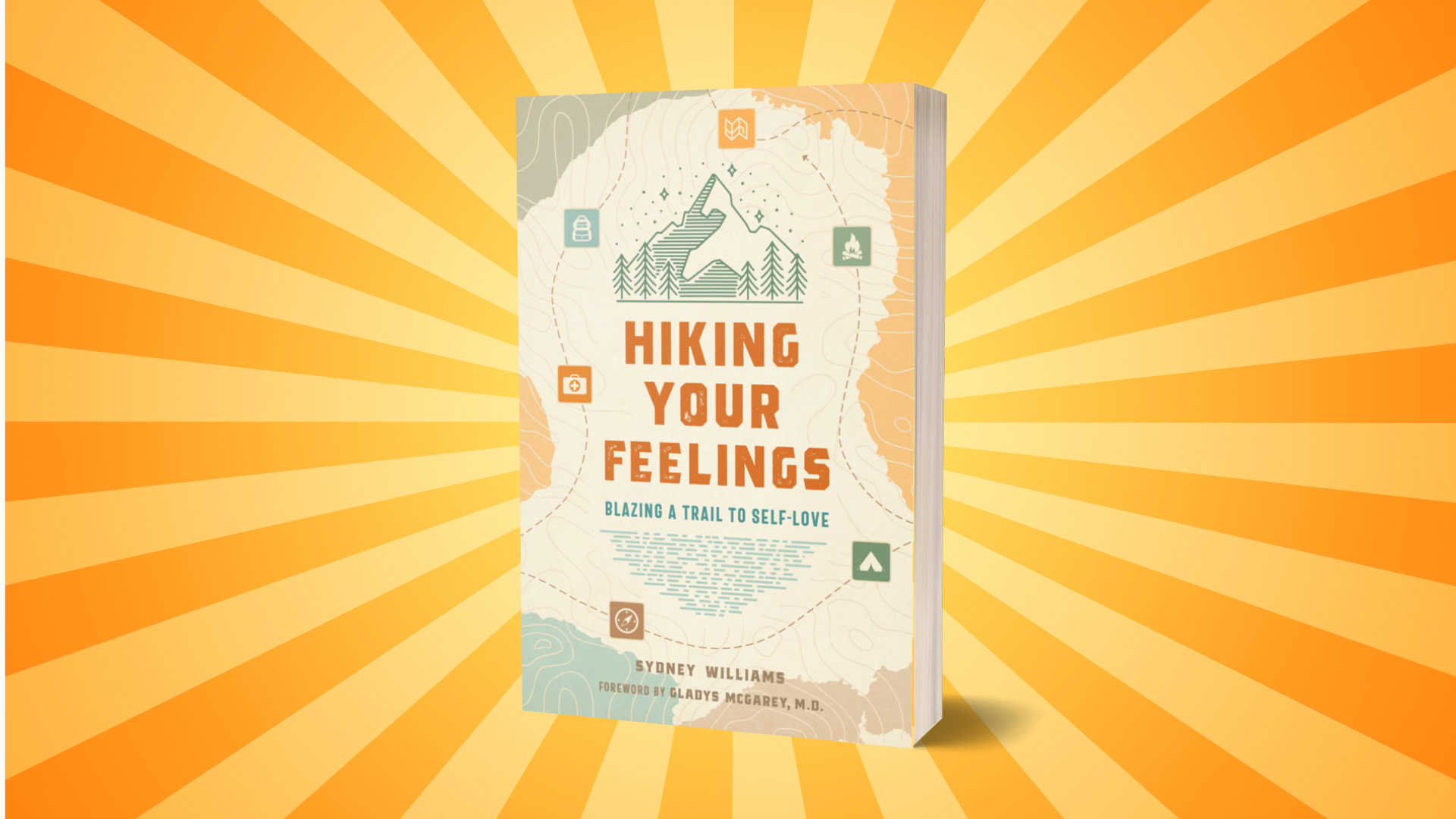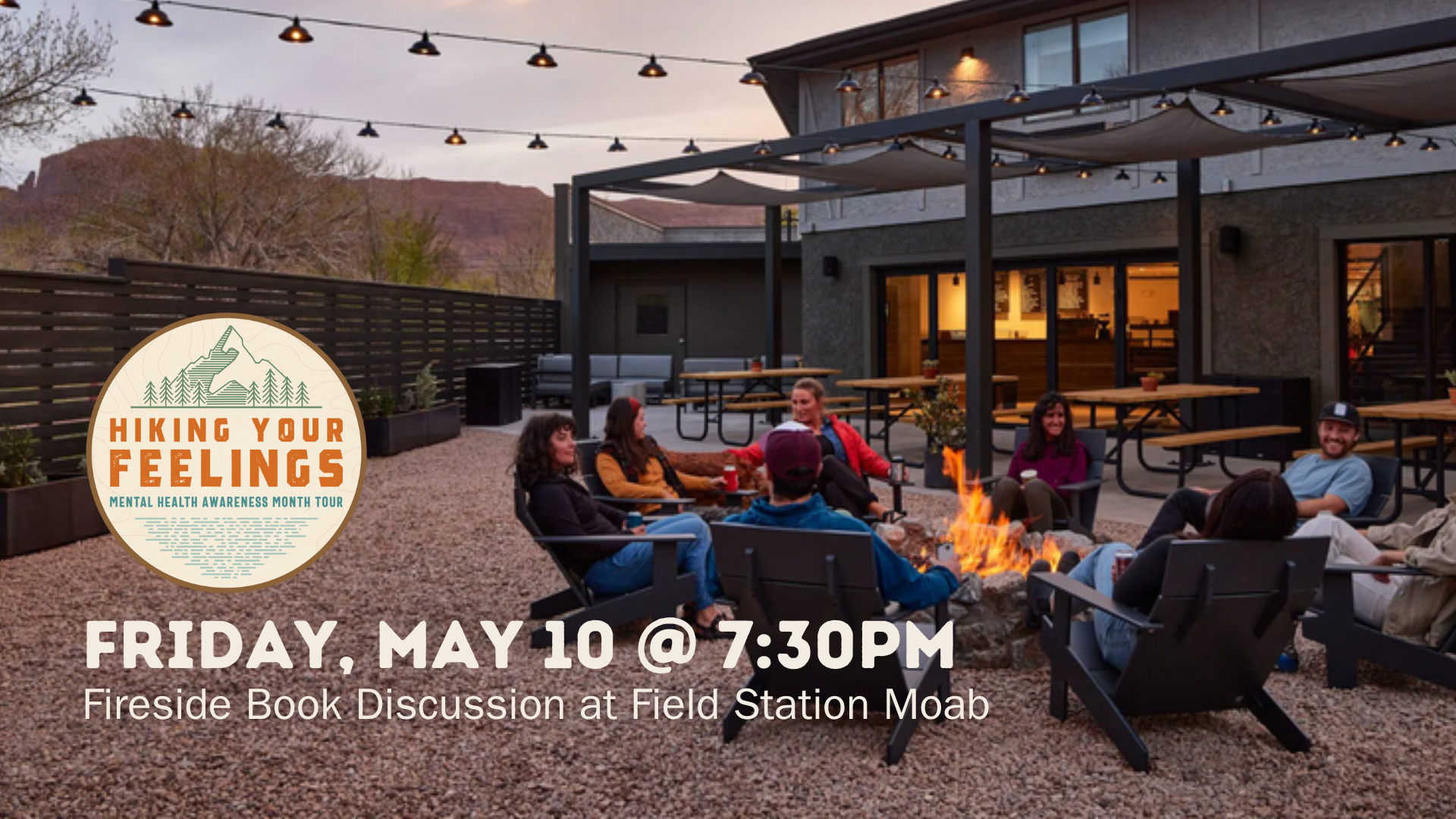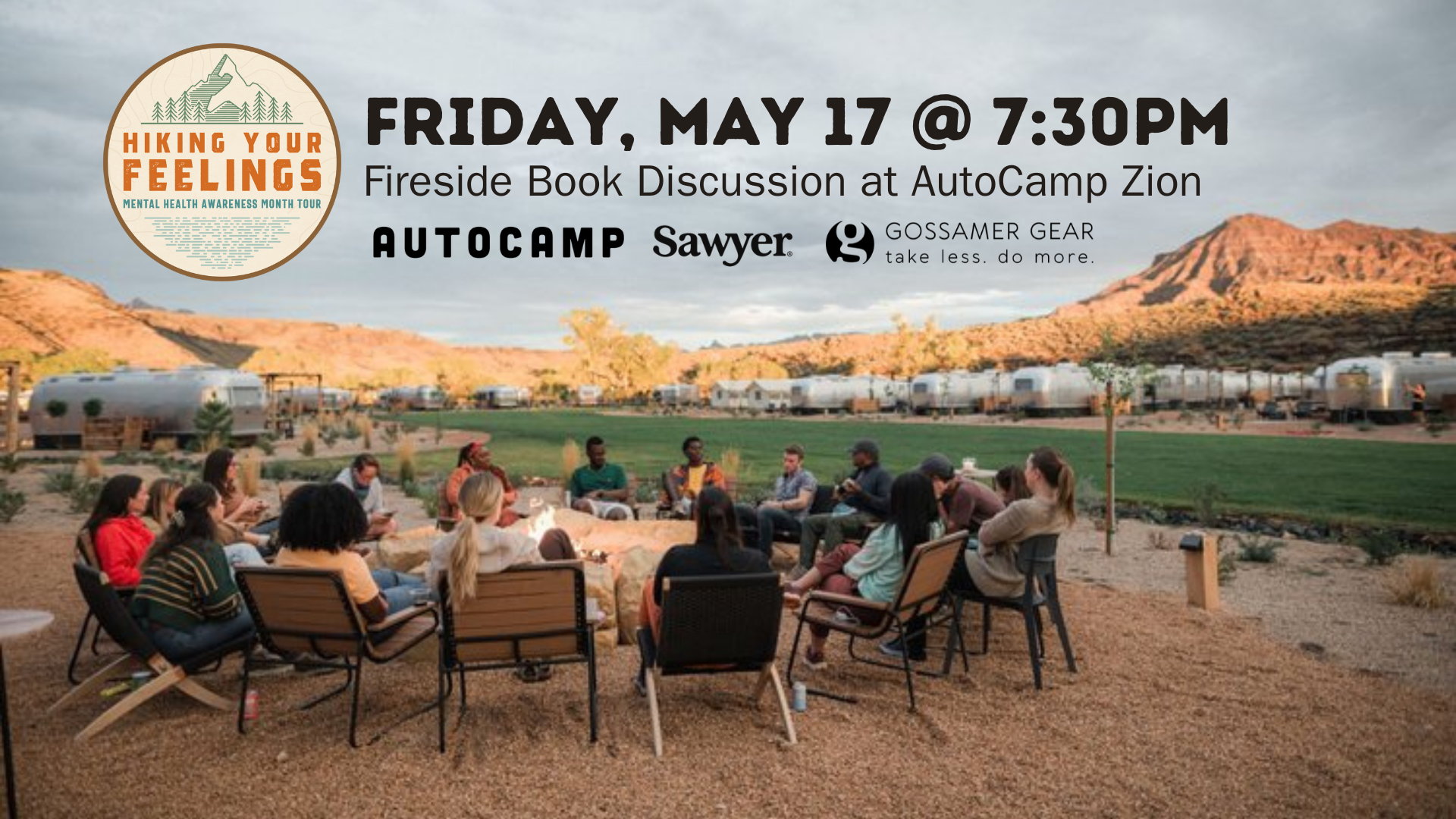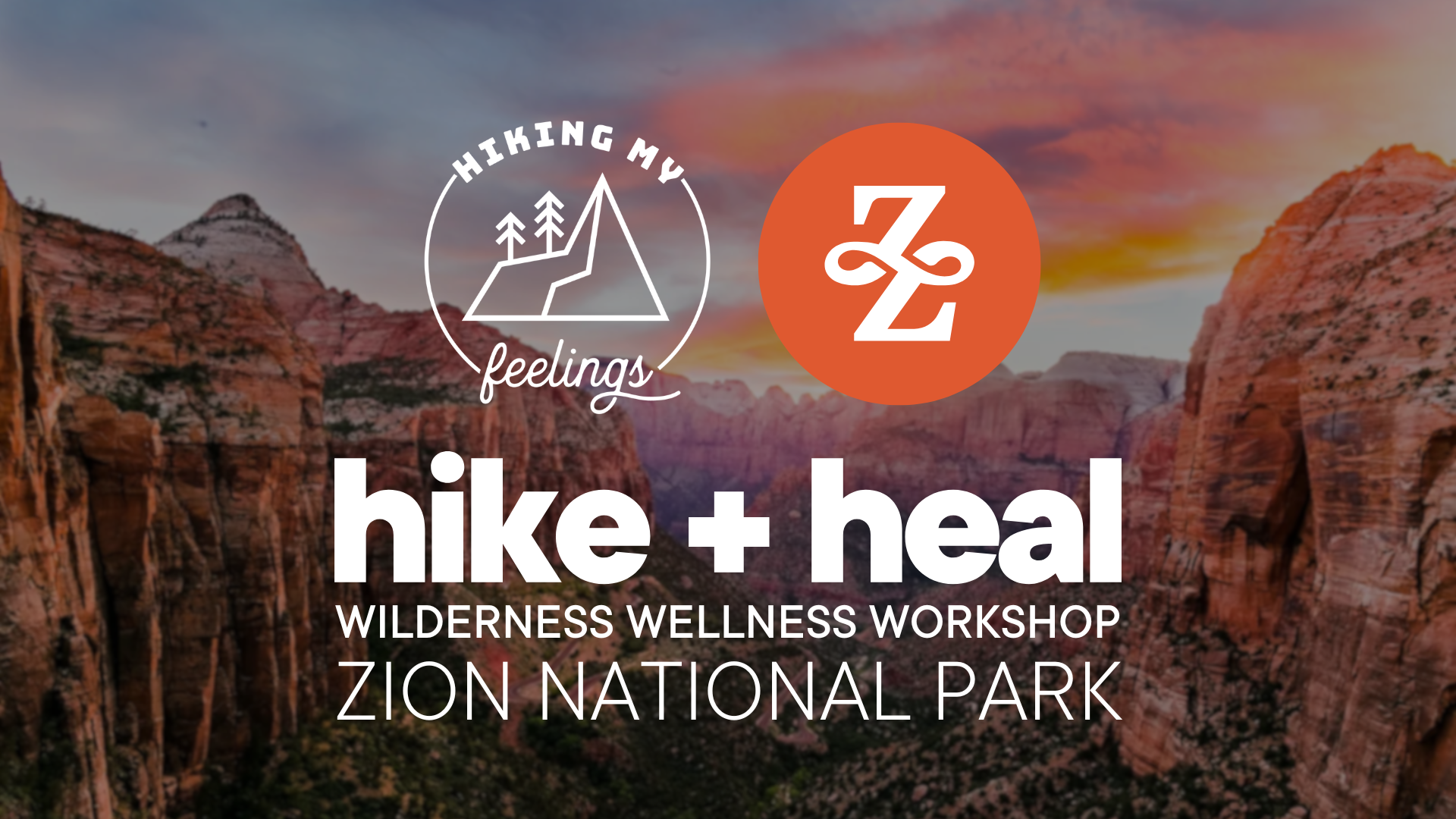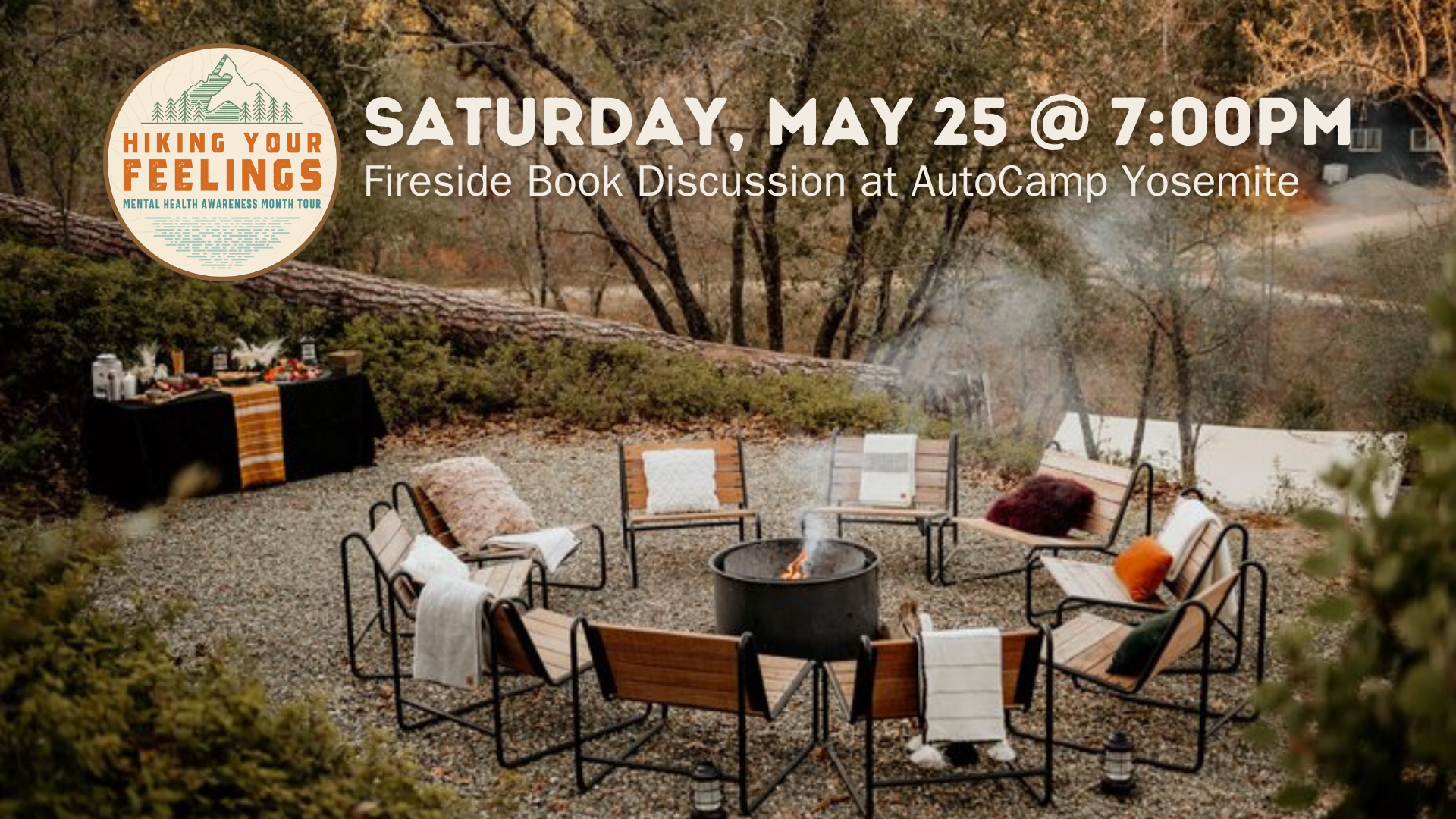SAAM Day 2: Have the conversation with yourself.
I'm still here because other survivors spoke up.
Having the language to articulate what happened to you is the first step toward your liberation. I spent more than a decade holding this trauma by myself because I had convinced myself that what happened to me didn't count as assault. Since it didn't happen in a dark alley with a gun to my head, with a stranger, I told myself it wasn't rape.
I didn't want this.
I didn't like this.
But my definition of assault was so narrow that I denied myself and my experience for 10+ years.
It wasn't until I watched an episode of the Bachelor that I realized that what happened to me *was* assault. And in that same moment, Barry let me know that if I had experienced anything like what the contestants were talking about on the show, that I could share that with him.
I wasn't ready then, but I had the conversation with myself, in my head, and that was enough of a start to get the ball rolling on starting to truly heal from this: Calling it what it is.
I'm not saying you gotta spill your guts on social media or tour the country sharing your story over and over, but have the conversation with yourself. Once you do, I promise it will be easier to share with someone who can help you process it.
I see you.
I hear you.
I believe you.
I love you.
We got this.
Remember, what happened to you is NOT your fault. You can take as long as you need to start to process this, there is no "right" way to heal. And if you want someone to share with who gets it and has been there, my DMs are open.
Journal Prompts:
Journaling is a huge part of my process and is one of the reasons I’m still here to share this story. No matter what is happening in the world around me, I know that I can always come home to myself by finding a cozy place to settle in, making a cup of tea, putting on some great music, and making time to reflect on whatever is happening in my life at the time. Here are some journal prompts to help you start reflecting on your own experiences. If you’d like to dig in deep on this, please consider joining us for the Trail of Life Maps workshop on Saturday!
What is my current understanding of what counts as sexual assault?
Have I had an experience that I've discredited because it doesn't fit within my current understanding?
If I expand my understanding of what "counts" as assault to include my experience, how does this make me feel?
Video Transcript:
I think one of the most important things about surviving sexual assault and making amends with that and reconciling that is having the language to understand and articulate what happened to you. And for me - because my assault wasn't in an alley with a gun to my head, with a stranger - for over a decade, I didn't consider what happened to me to be assault.
I knew I didn't like it. I knew I didn't ask for it. But I also didn't feel like it fit into my very narrow definition of what assault is. So I'm here and I'm able to talk about this because other survivors were brave and courageous and spoke up about what happened to them, which gave me language to understand that yes, what happened to me definitely was rape.
And that's tough. I'm not saying you have to go and like shout your story from the rooftops and and re traumatize yourself in order to give other people language. I'm not saying that you have to go and do all of that and and harm yourself in the process. But if there is any part of you that is ready to have that conversation and ready to speak up, you don't have to get on social media and do it. You don't have to do what I did and go on a speaking tour around the whole damn country, telling your story, but have the conversation with yourself and some trusted friends.
Like I said yesterday, everybody has trauma. And chances are you probably know somebody who can help you understand what happened to you.
